EVERYTHING we have learnt about Covid since it first appeared almost two years ago led to the rapid and decisive action taken by nations last week to try to slow the spread of the new Omicron variant.
With early indications that it may be highly transmissible, the first step taken to restrict travel from sub-Saharan Africa makes good sense.
It gives scientists more time to understand whether the new variant is likely to cause serious illness and how effective the current vaccines will be against it.
Once again, it is science that is taking the lead in our fight against Covid, from the sequencing capability that can identify and track variants, to the vaccine development programmes that are already looking at the potential implications for future versions of the vaccines.
This extraordinary process - played out in real time across our news channels - demonstrates just how important it is for nations to share information.
And also how effective the global scientific community can be when faced with a collective threat and purpose.
Our global inter-connectivity means this variant is already widely spread across the world.
There are cases emerging across Europe and elsewhere, but until we know more about its impact, it is right to take targeted and proportionate steps to contain its spread here in the UK.
This means anyone who arrived in England between midday on November 26 and 4am on November 28 from one of the sub-Saharan countries on the Red List, must now be quarantining at home or at an alternative appropriate accommodation.
This quarantine applies to you and the household you are with, and NHS Test and Trace services will provide the PCR tests to be taken on day two and day eight.
For anyone who arrived after 4am on November 28, the rules require you to stay in a hotel quarantine facility for ten days, in line with travel rules from all Red List countries.
Further action to limit the importation of the variant means all fully-vaccinated international arrivals being now required to take a PXR test on or before day two and self-isolate until they receive a negative result.
But we must also take steps to reduce the opportunity for the variant to spread within the UK, and that is why from Tuesday of this week, all contacts of suspected Omicron cases must also by law self-isolate for ten days.
From this week, face coverings have been made compulsory in shops and public transport, and students at secondary schools and colleges are being directed to wear face masks in communal spaces.
Although it is not yet clear whether Omicron will be effective in evading the protection of the current vaccines, we know that being vaccinated remains the most important defence we have against the virus.
So getting your first, second, third or booster jab is the single most important step individuals can take.
If you are vaccinated, your response is likely to be stronger.
And to boost our overall defence, the government has accepted the JCVI advice to offer a booster jab to those aged 18 to 39, with priority given to the vaccination of older adults and those in the at-risk group.
The gap between the second and booster jabs has also been reduced to three months.
East Hampshire continues to have high rates of take-up of vaccination: this is our best defence and our best contribution to protecting society.
These are temporary and precautionary measures, and will be reviewed in three weeks, when we should know much more about Omicron.
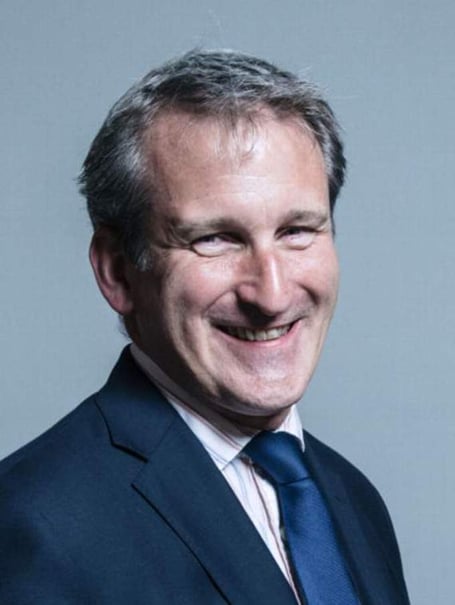
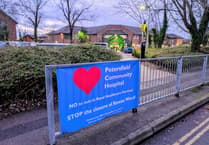
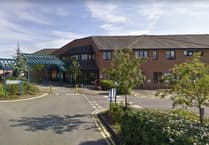
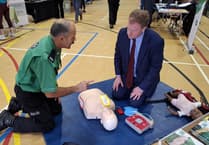
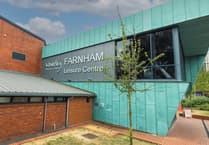
Comments
This article has no comments yet. Be the first to leave a comment.